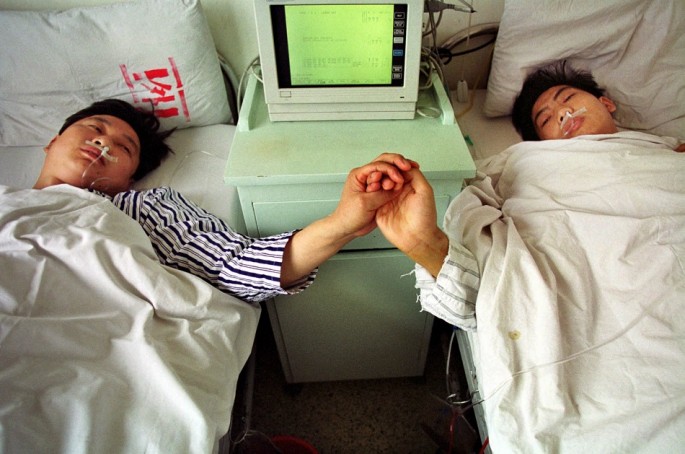More than 190 transplant patients received heart, liver, kidney and pancreas from 70 donors in Shanghai since the city launched a transplant program in 2013.
To date, more than 3,700 people in Shanghai have signed up to donate their organs within the period.
The number of people who registered to donate their body or corneas reached 2,499 people last year, said the Shanghai branch of the Red Cross Society of China. In the same period, 651 people donated their bodies while 60 others donated their corneas.
Every year, there are 300,000 patients urgently needing transplants in China, but only 10,000 get the appropriate surgery.
China has the lowest organ donation rate globally, with only 0.6 donors for every million citizens. On the other hand, Spain has 37 for every million.
To regulate organ donations and distribution and ease dependence on executed prisoners, a national system for organ donation was established in March 2010.
It is run by the Red Cross Society of China with its provincial branches in charge of the operations in their respective regions.
A pilot scheme was in operation before it was finally nationwide in Feb. 2013.
The program has a database that contains details of patients needing transplants and of the donated organs to ensure those with more urgent needs are served first.
Education and increased public awareness were responsible to boost the number of would-be donors in a country where there is a belief that it is bad omen not to keep the body intact.
The increase in voluntary donation should cover up those coming from death row inmates, which have long served as a key source for transplants in China.
However, the country promised last year to stop harvesting organs from executed prisoners by Jan. 1, 2015.
It previously promised to do so by Nov. 2013.
There are now 38 organ transplant centers around the country, including those in Beijing, Guangdong and Zhejiang, that have stopped using prisoners' organs.






















